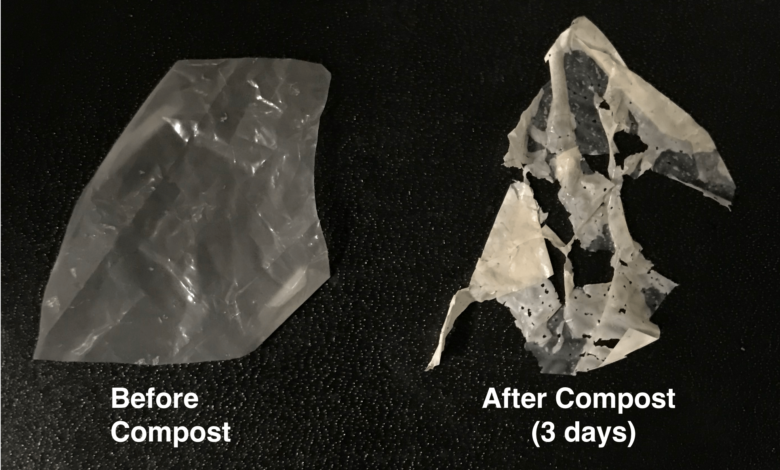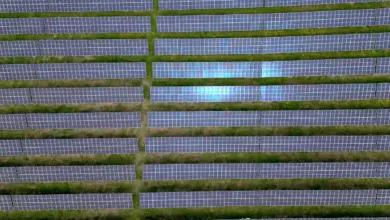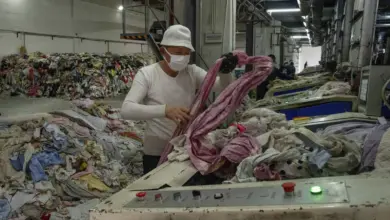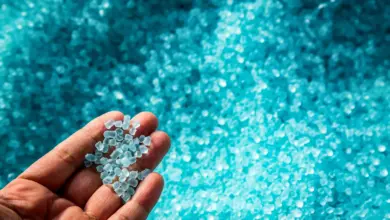
French scientists have developed an engineered enzyme that can be embedded into PLA plastic, enabling it to fully biodegrade under home-compost conditions at approximately 28°C within 20-24 weeks. This self-degrading enzyme allows the plastic to completely disintegrate, providing a sustainable solution to address the growing concern over plastic waste by enabling plastics to decompose naturally in home composts.
PLA, or polylactic acid, is a biodegradable plastic derived from renewable resources such as cornstarch or sugarcane. However, PLA plastic does not currently biodegrade in most natural environments. This is because PLA plastic requires specific conditions in order to break down, such as high temperatures and the presence of certain microorganisms.
The engineered enzyme developed by French scientists is able to break down PLA plastic under home-compost conditions. Home composts typically have temperatures of around 28°C, which is ideal for the enzyme to function. The enzyme is also able to break down PLA plastic in the presence of oxygen, which is another important factor for biodegradation.
The development of this enzyme could have a significant impact on the way that we deal with plastic waste. By enabling PLA plastic to decompose naturally in home composts, this enzyme could help to reduce the amount of plastic that ends up in landfills and oceans.
Tags: Environment, Recycling, Plastic, Sustainable




